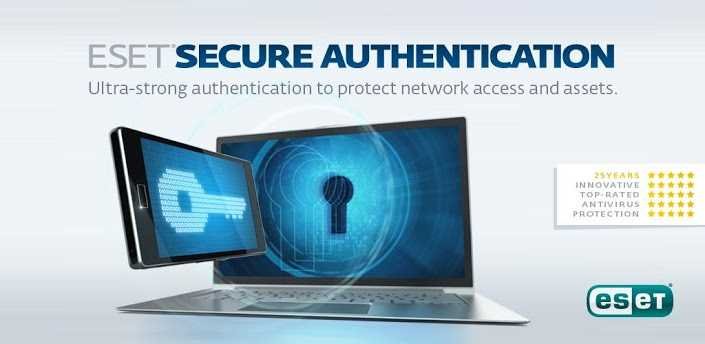The security company ESET announced its availability ESET Secure Authentication Software Development Kit (SDK), which will allow companies to add control identity two-factor authentication (2FA from Two-Factor Authentication) on almost all of their systems, or at least the ones they wish to protect.
With system breaches becoming commonplace, solutions like 2FA are becoming essential, especially when it comes to securing corporate accounts. We have seen code leaks several times accesss that reach the hands of hackers with phishing techniques, with the help malicioussoftware, and in many other ways. Solutions like 2FA prevent attackers from accessing accounts even if they have the password.
Businesses that want additional security measures with the ESET SDK can easily integrate application code and secure user accounts and remote access systems.
This means that businesses will not depend on external systems, they will have full control over the data, and there is no need for a cloud data store.
Both small and large businesses can benefit from the features of the ESET Secure Authentication Software Development Kit, which includes user control, logging, authentication, as well as the well-known from other services, sending onadditionalpassword via SMS.
The solution is available for PHP, Java and .NET. Each release comes with source code for a client-side library, developer guides and usage examples.
Additional information and a free trial of the ESET Secure Authentication Software Development Kit (SDK) are available at ESET website.






